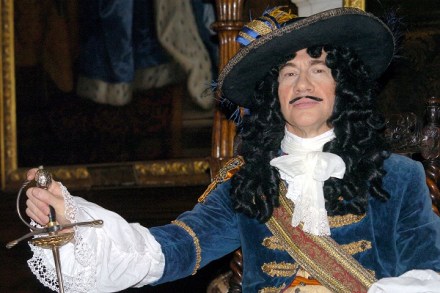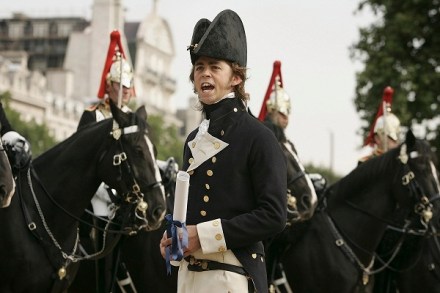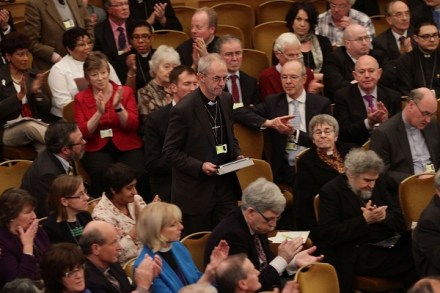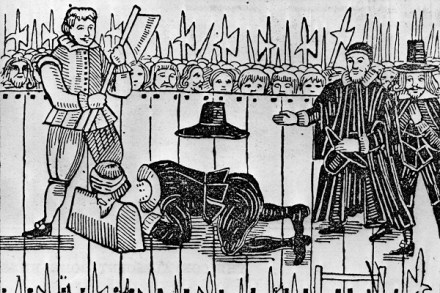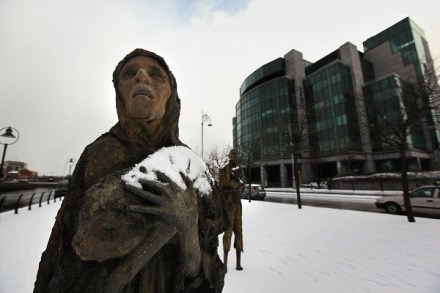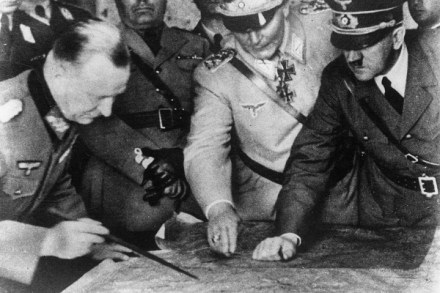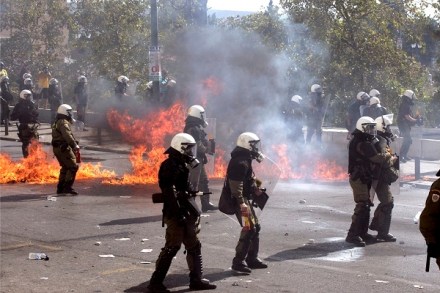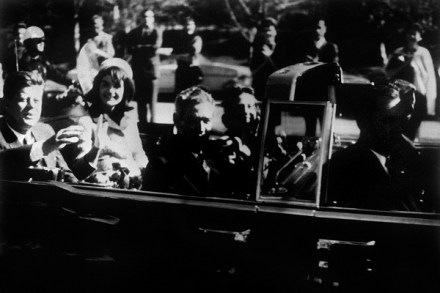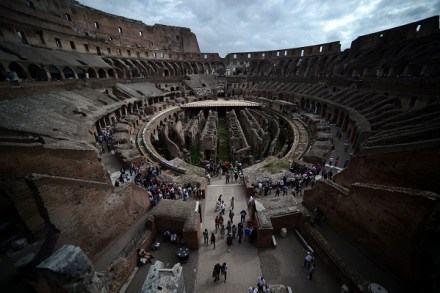Cosmo Lang, his part in Edward VIII’s downfall
In December 1936, following the Abdication of Edward VIII, a rhyme circulated about the Archbishop of Canterbury, Cosmo Lang: ‘My Lord Archbishop, what a scold you are! And when your man is down, how bold you are! Of Christian charity how scant you are! And, auld Lang swine, how full of cant you are!’ Lang had made a particularly ill-judged broadcast three days after the Abdication, which caused considerable offence. The widespread view of Lang is that he impotently wrung his hands on the sidelines before the Abdication, after which he made his disastrous broadcast. A different view was taken by the Duke of Windsor in his memoirs: ‘Behind [the


